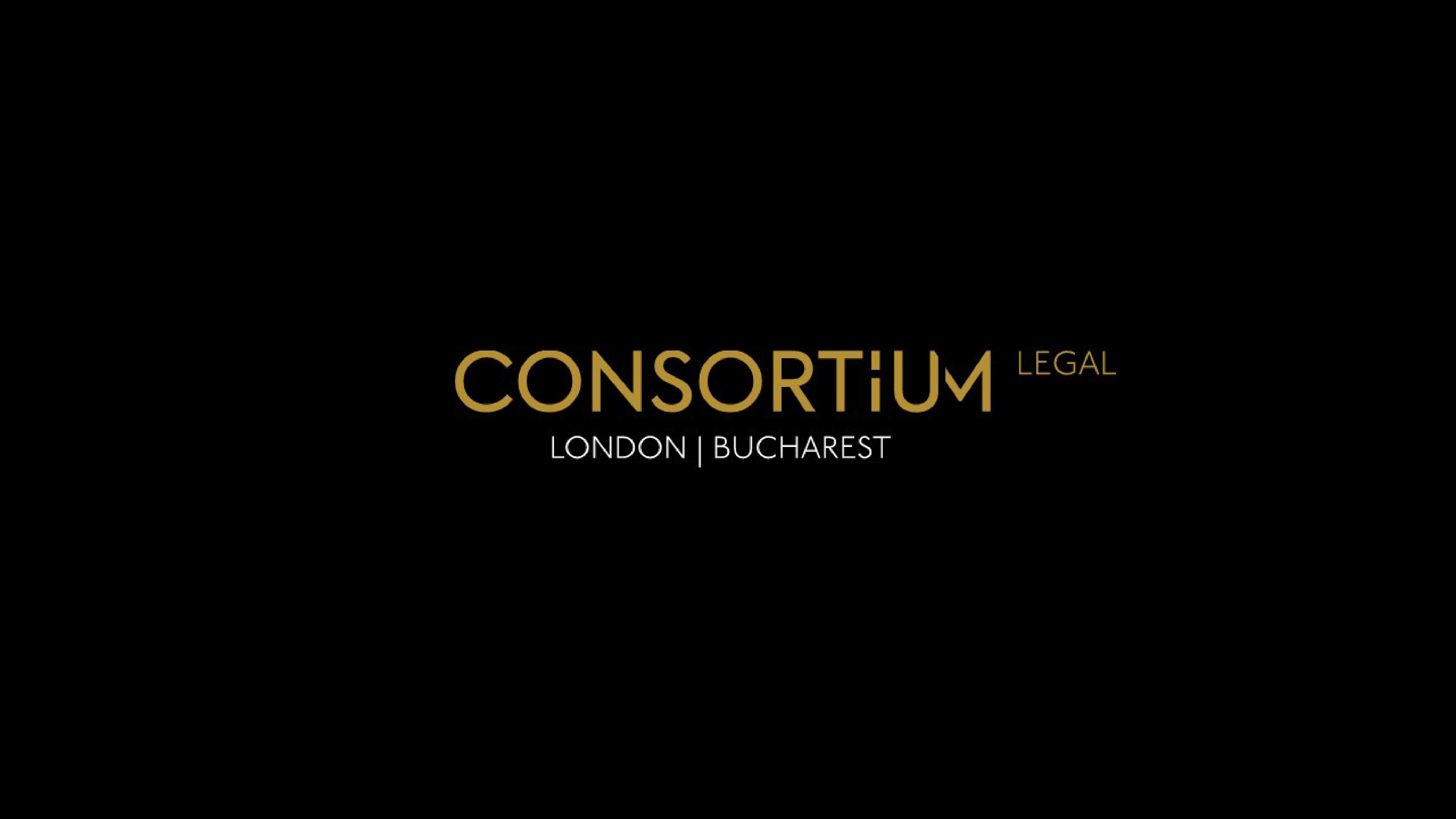Best Mining Law Lawyers in London
Share your needs with us, get contacted by law firms.
Free. Takes 2 min.
List of the best lawyers in London, United Kingdom
About Mining Law in London, United Kingdom
Mining law in London, United Kingdom refers to the legal regulations and frameworks governing the exploration, extraction, management, and transportation of minerals and mining resources within the city and wider UK jurisdiction. It incorporates a mix of statutory law, case law, and industry standards, addressing ownership rights, licensing, environmental obligations, health and safety standards, and land use planning. While London itself is not a primary mining location, it serves as a significant hub for mining finance, listings, and legal services due to its status as a global business center. As such, mining law in London often covers both domestic mining issues and international mining projects involving UK-based companies.
Why You May Need a Lawyer
Individuals and companies may encounter various situations where professional legal advice in mining law is crucial. Common scenarios include:
- Securing licenses or permits for exploration and extraction of minerals
- Negotiating mining contracts, joint ventures, or investment agreements
- Addressing disputes relating to land access, mineral rights, or royalties
- Ensuring compliance with environmental protection and rehabilitation requirements
- Dealing with health and safety regulations and related liabilities
- Understanding cross-border mining laws and international treaties when involved in overseas projects
- Structuring financing for mining operations or public listings on the London markets
- Assisting with mergers, acquisitions, or asset transfers in the mining sector
- Advising on tax implications and customs regulations for mineral trade
- Responding to regulatory enforcement actions or government investigations
Local Laws Overview
The United Kingdom has a distinct set of laws and regulations underpinning mining operations. Key aspects relevant to London include:
- Ownership of Minerals: Generally, the state retains ownership of most minerals, except for some, such as oil, gas, and coal which have additional regulations.
- Licensing and Permissions: Mining companies must obtain various licenses from regulatory agencies, including permission to explore, extract, and transport minerals. The process often involves environmental assessments and community consultation.
- Environmental Regulation: Strict environmental controls apply under legislation like the Environmental Protection Act 1990, requiring environmental impact assessments, pollution control, and reclamation of land post-mining.
- Health and Safety: The Health and Safety Executive enforces workplace safety in mining operations under the Mines Regulations 2014 and other related statutes.
- Planning Laws: Local planning authorities oversee planning permissions for mining sites to ensure compatibility with land use, environmental, and community interests.
- Financial and Reporting Rules: Public mining companies must comply with the rules of the Financial Conduct Authority and the London Stock Exchange, including disclosure of reserves and operational risks.
- International Law: London-based entities operating abroad must consider international conventions, bilateral agreements, and local laws in host countries.
Frequently Asked Questions
What minerals are most commonly regulated by UK mining law?
UK mining law primarily covers minerals such as gold, silver, coal, and aggregates. Oil and gas are subject to specific petroleum laws, while other minerals like sand, gravel, and certain metals fall under broader mineral rights regulations.
Who owns mineral rights in the United Kingdom?
In the UK, most mineral rights belong to the Crown, with exceptions for gold, silver, oil, gas, and coal, which have their own statutory regimes. Private ownership of other minerals is possible but uncommon.
How does one obtain a mining license in the UK?
Mining licenses are granted by various regulatory bodies, depending on the mineral in question. Applicants must submit detailed plans, environmental reports, and demonstrate compliance with all applicable laws. The process typically involves public consultation and review.
Are there specific environmental obligations for mining in London?
Yes, all mining activities are subjected to environmental legislation. Operators must complete environmental impact assessments, obtain pollution controls, and restore land following cessation of mining operations.
What are the key health and safety requirements in UK mining?
Mining companies must comply with the Mines Regulations 2014 and related health and safety laws. This covers risk assessment, employee training, provision of safety equipment, and regular inspections by the Health and Safety Executive.
Can foreign companies invest in UK mining projects?
Yes, foreign companies can invest or operate in UK mining, subject to the same licensing and regulatory requirements as domestic entities. Additional scrutiny may apply to large investments due to national security considerations.
Are mining disputes resolved in UK courts?
Mining disputes can be resolved through UK courts or, more commonly, by arbitration or mediation. The choice of dispute resolution forum often depends on the contract terms between parties.
Does London serve primarily as a mining jurisdiction or as a financial and legal center?
London is not a significant site for physical mining but is a global center for mining finance, legal services, and company listings on international exchanges.
How are royalties and taxes on mineral extraction handled?
Mining companies must pay royalties and taxes as determined by the type of mineral and terms of extraction. The UK government, devolved administrations, or mineral owners may receive these payments.
What happens if a company fails to comply with UK mining law?
Non-compliance can result in fines, license suspension or revocation, and legal action. Regulators have wide-ranging enforcement powers to ensure adherence to environmental, safety, and operational standards.
Additional Resources
For more information or support regarding mining law in London, United Kingdom, consider the following organizations:
- Department for Energy Security and Net Zero - Responsible for mineral licensing and regulation
- Health and Safety Executive (HSE) - Enforces health and safety requirements in the mining sector
- British Geological Survey - Provides scientific data and guidance on minerals and mining operations
- London Stock Exchange - Regulates listings and disclosure requirements for mining companies
- Law Society of England and Wales - Offers a directory of solicitors experienced in mining and natural resources law
- Mining Association of the UK - Industry body providing advocacy and information for the mining sector
Next Steps
If you require legal assistance in mining law, follow these suggested steps:
- Identify the specific nature of your mining issue, such as licensing, compliance, or disputes
- Gather all relevant documents, including contracts, communications, permits, and correspondence with regulators
- Research and select a solicitor or law firm with expertise in mining law within London or the UK
- Arrange a consultation to discuss your situation, seek advice on your legal position, and explore possible solutions
- Follow your lawyer's guidance on how to address or resolve your mining law matter
Lawzana helps you find the best lawyers and law firms in London through a curated and pre-screened list of qualified legal professionals. Our platform offers rankings and detailed profiles of attorneys and law firms, allowing you to compare based on practice areas, including Mining Law, experience, and client feedback.
Each profile includes a description of the firm's areas of practice, client reviews, team members and partners, year of establishment, spoken languages, office locations, contact information, social media presence, and any published articles or resources. Most firms on our platform speak English and are experienced in both local and international legal matters.
Get a quote from top-rated law firms in London, United Kingdom — quickly, securely, and without unnecessary hassle.
Disclaimer:
The information provided on this page is for general informational purposes only and does not constitute legal advice. While we strive to ensure the accuracy and relevance of the content, legal information may change over time, and interpretations of the law can vary. You should always consult with a qualified legal professional for advice specific to your situation.
We disclaim all liability for actions taken or not taken based on the content of this page. If you believe any information is incorrect or outdated, please contact us, and we will review and update it where appropriate.











